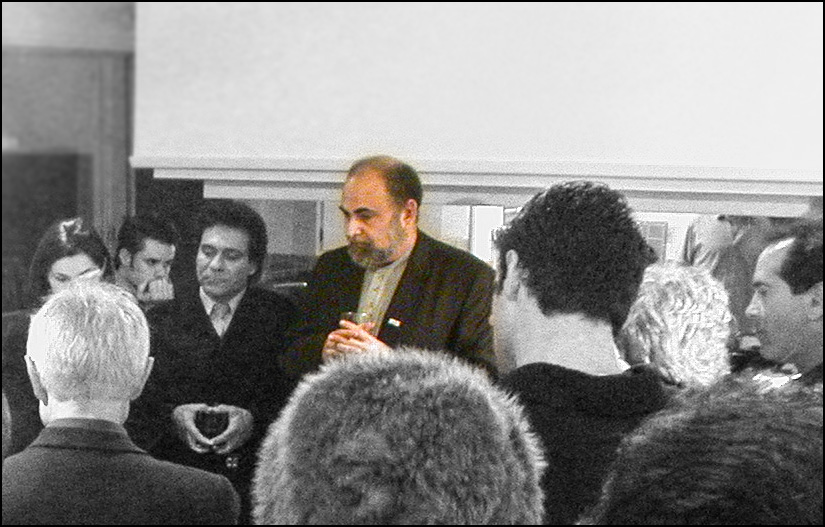I’ve been kind of depressed today, which explains the explosion of charts this afternoon—yes, making charts is the kind of thing I do to distract myself—and one of the reasons is that last night I heard about the death of Mark Kleiman.
To most of the world, Mark was a brilliant criminology scholar with a particular expertise in drug policy. To me, he was a friend and fellow blogger who just happened to also be a brilliant criminology scholar. Mark began blogging back in 2002, the same as me, and since he taught at UCLA I saw him pretty regularly at get-togethers of one kind or another. He was voluble and opinionated—I’m pretty sure he disapproved of every attorney general ever—but invariably fairminded in his field. He was always helpful when I needed help, and I owe him at least some of the credit for my work on lead and crime. Unlike most other criminologists, he took the lead hypothesis seriously, and that was one of the things that gave me the push to take it seriously myself.
Mark was also a deep-dyed Democrat, in a sort of cultural east-coast way that we don’t quite seem to have in California. He was born and raised a baby boomer in Baltimore—Thomas D’Alesandro Jr., mayor—and came to California only in his mid-40s, when UCLA opened the Luskin School of Public Affairs. In 2015 he moved back to the east coast, taking a position at NYU. I didn’t see him much after that, but we continued to email and, of course, to sometimes link to each other, as old-school bloggers do. Out of curiosity, I checked to see what our last email conversation was about. It was from April, and he was (of course) offering some advice, in this case the name of his old dentist in Los Angeles.
Oh, and by the way, he added, I’ve been having a few health issues: “Bottom line: glottic carcinoma cured, new kidney working well, heart problems seem to be resolving.” But that was in April. Eventually, the kidney transplant failed to take, and that’s what did him in.
I don’t have a lot of Mark stories, but I’ll tell you perhaps the most Mark thing I know. His best known book is When Brute Force Fails, an examination of how best to punish criminals in order to keep them from committing crimes again. The acknowledgements are 11 pages long because he—literally—thanks practically every single person he’s ever known, from his first grade teacher (Rhoda Bennett) to all the bloggers he called friends. I’m proud that I was one of the ones he mentioned.


















